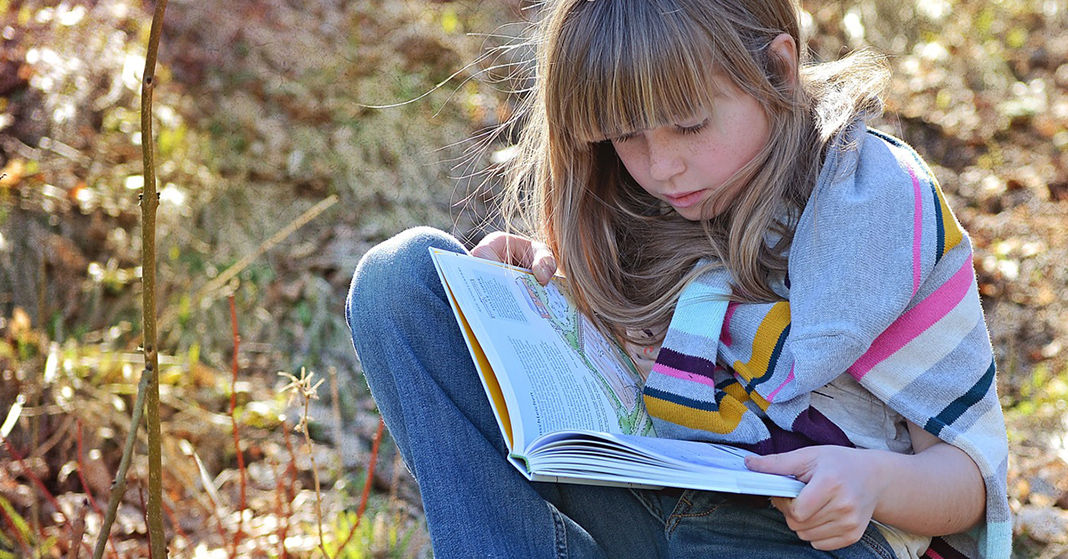
Have you found yourself spending time emphasizing science rather than the language arts in teaching early learning and early elementary courses?
These days we see a lot of emphasis on science and STEM (Science, Technology, Engineering, and Math) activities in early education. That pull towards the sciences can change the emphasis of a child’s education. While it does encourage you to focus on a subject that’s often left behind, it also means giving less attention to another subject.
As a parent, you know that your child needs a balanced education, and this growing trend toward the sciences can cause you to take a closer look at what your child is learning. You may notice that, in the early grades, language arts can span across four subjects, and of those four, reading takes the most time. It makes sense to start balancing your child’s education by looking at the balance between reading and science in early grades—which leads to the following question.
How do you balance your child’s education?
Do you balance subjects by spending more time on one subject? Does equal time mean equal importance? Not necessarily.
Just as different kinds of matter have different weights, different subjects need more or less time for mastery. So a balanced education doesn’t mean equal time spent on all subjects. It simply means that you give your children enough time with each subject to develop mastery.
Why should reading take more time?
Since the best time for your child to master reading is by the end of Grade 4, it’s better to spend more time on reading in the early grades. Reading and the other language arts subjects are critical for your children’s early development. Proficiency in reading skills creates a foundation for their mastery of almost every area of study. Unless they first master reading, they will struggle to become independent learners, even in subjects they enjoy.
As much as one of your children may love doing science, he will be unable to comprehend his lessons or follow directions for experiments if he hasn’t first developed his reading skills.
What should you do?
Take time to build different reading skills—such as comprehension, critical thinking, and vocabulary—before Grade 4. Find topics that your children enjoy reading about and fill their shelves with books about those things. Books with strong visual and informational ties are a lot of fun to explore, and they build a foundation for research skills. Those visual and informational skills will better enable them to excel in the sciences later because they will be capable of comprehending the lessons and instructions that go along with studying those subjects.
As much as you want your children to have a balanced education, encourage them to become readers first!
Leave a Reply